
 en
en  Español
Español  中國人
中國人  Tiếng Việt
Tiếng Việt  Deutsch
Deutsch  Українська
Українська  Português
Português  Français
Français  भारतीय
भारतीय  Türkçe
Türkçe  한국인
한국인  Italiano
Italiano  Indonesia
Indonesia  Polski
Polski Residential proxies refer to services that provide connection to the internet from specific devices. Different from basic IPv4/IPv6 proxies that operate from servers, residential proxies originate their IP addresses from real devices, thus the users are legitimate and not bots or automated users. Such type of impersonation is useful in overcoming anti-fraud systems that a majority of websites and applications have in place to prevent multi-accounting, automated traffic, and suspicious requests from gaining access to the system.
In this article we will try to answer the question of what is a residential proxy, as well as what features it provides and how to operate them properly.
Primary advantages of using residential rotating proxies are:
These features make residential proxy servers useful for stable connectivity and workload distribution across marketing, web scraping, and social media page management.
A residential proxy will act in the capacity of an intermediary by changing the original IP address to that of an actual user. Here's how it works from a technical standpoint:
Customers who buy private residential proxies acquire the ability to traffic and a set of the IP addresses of actual users within a certain geographic area. This set of IP addresses contains a number of proxies that can be used in rotation. This process happens in between the changes of IP addresses, which can be set to happen automatically or based on certain parameters predefined for the rotation.
There are two overarching approaches to sourcing residential IP addresses; each described here, presumes a different moral standpoint:
Below, we'll explore main ethical ways of obtaining residential proxies:
Purchasing from proxy providers is the easiest and most accessible way to obtain residential proxies, allowing for a quick and straightforward way to start using reliable IP addresses for your needs. Users also benefit from a variety of residential proxy types and options for their rotation.
There are usually two common types of residential proxies offered by the providers:
Shared residential proxies grant access to IP addresses that are concurrently utilized by different users. This shared use lowers the overall anonymity and security, yet allows for a more cost-effective approach. The abuse of a single IP by several users increases the odds of blocking and lowers the connection speed.
In the case of dedicated residential proxies, a single IP address is allocated to a single user. This makes data protection more effective as well as lessens the potential negative consequences from other users activities. Dedicated residential proxies are the best type for any task that requires the utmost confidentiality and stability.
Unlike dedicated residential proxies, which are better for managing several social media accounts, deploying traffic arbitrage, and other situations where anonymity is paramount and sophisticated anti-fraud systems are in place, shared residential proxies are used for web scraping, SEO analysis, ad campaign testing, content viewing, and overcoming geo-blocks.
There are multiple options that can be used to rotate residential proxy IP addresses and are suitable for various online activities.
The most common methods, sticky sessions and time-based rotation, are applicable for a plethora of circumstances with little risk of getting blocked by the anti-fraud systems. On the other hand, rotation by link and by request count is highly specialized and should only be used when there is a great need for special management of the address IPs.
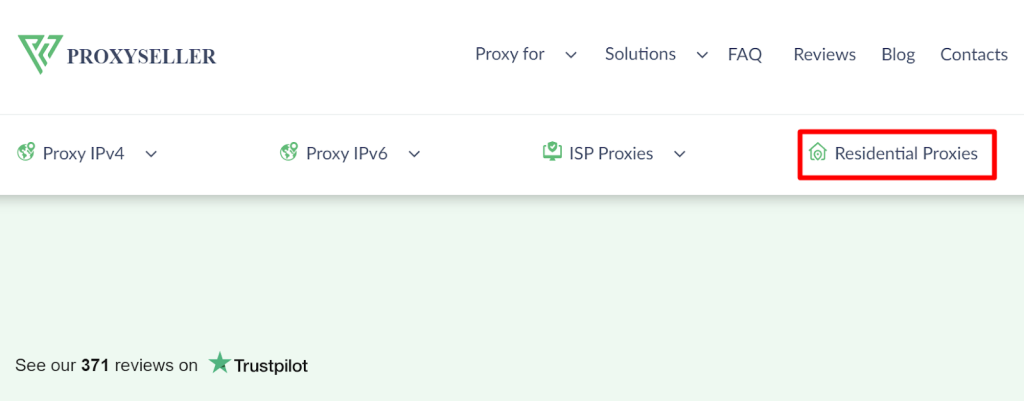
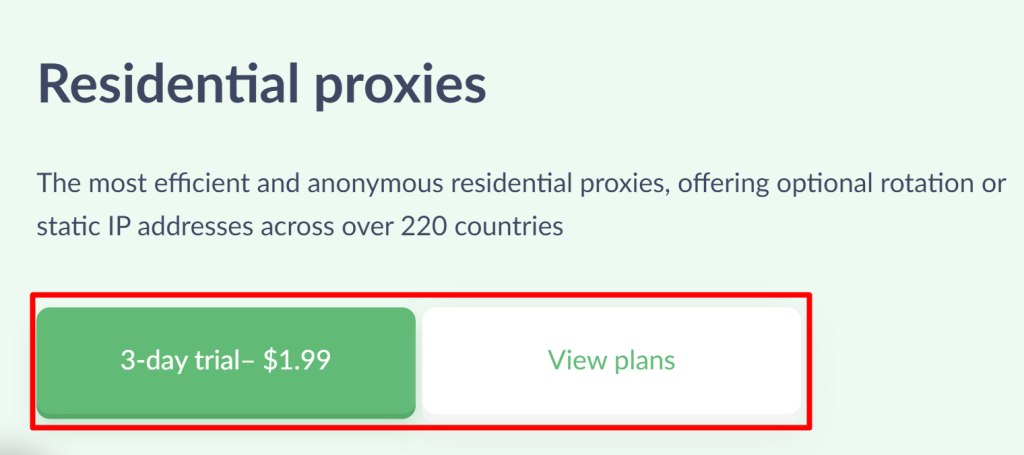
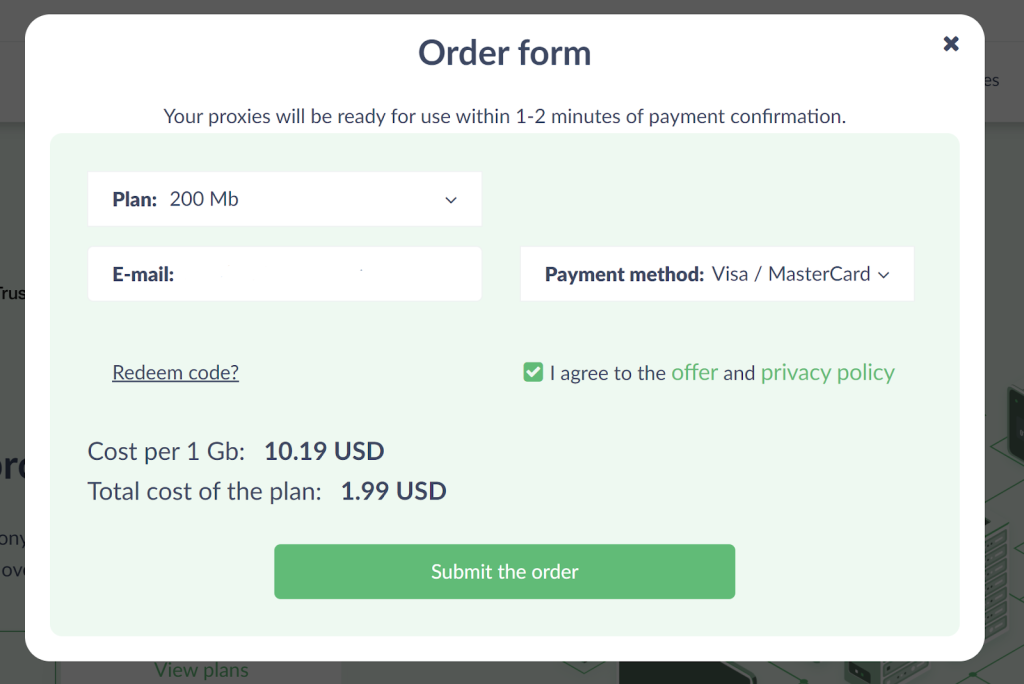
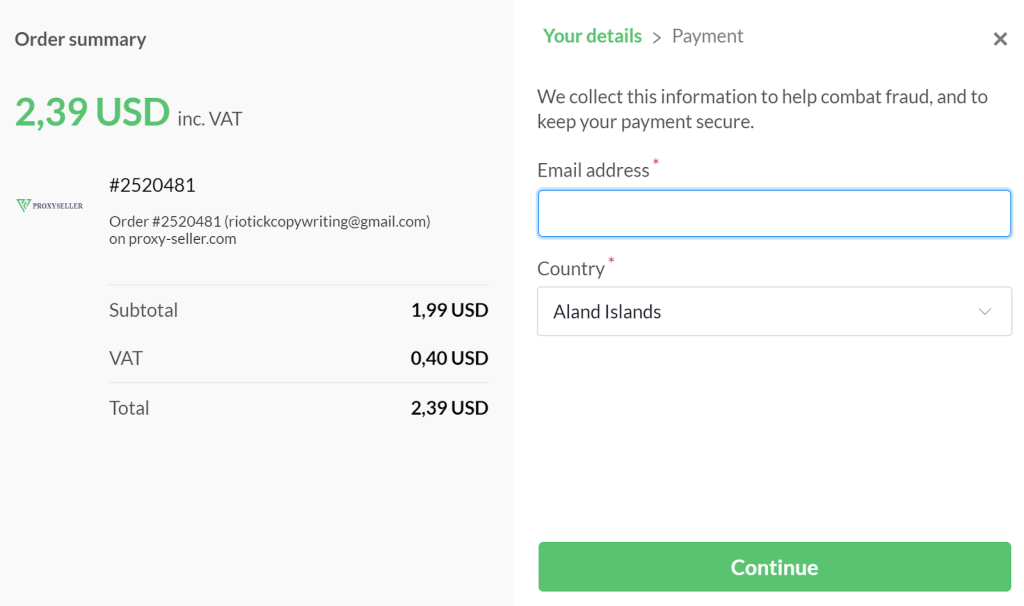
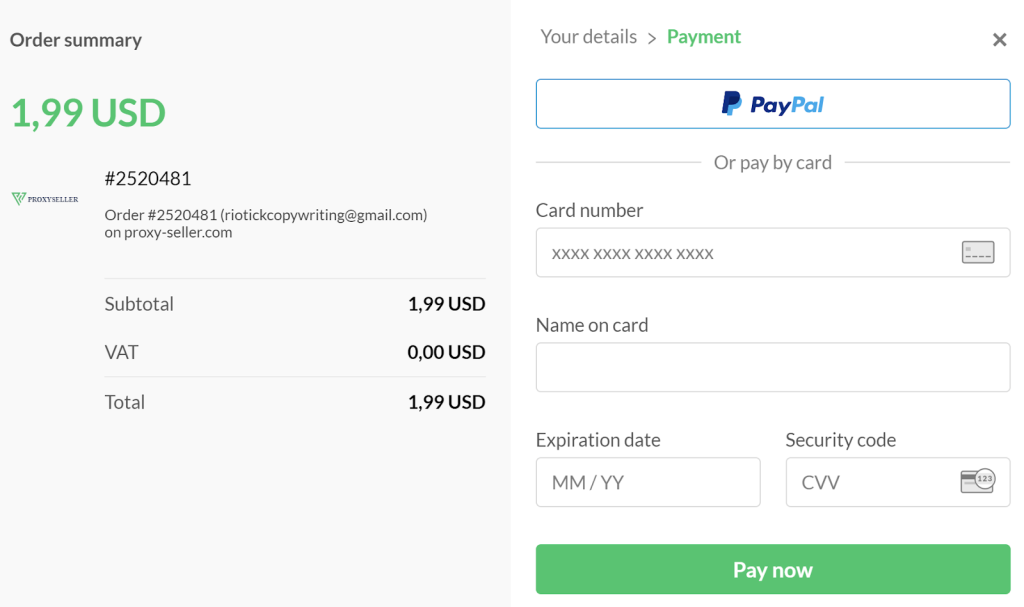
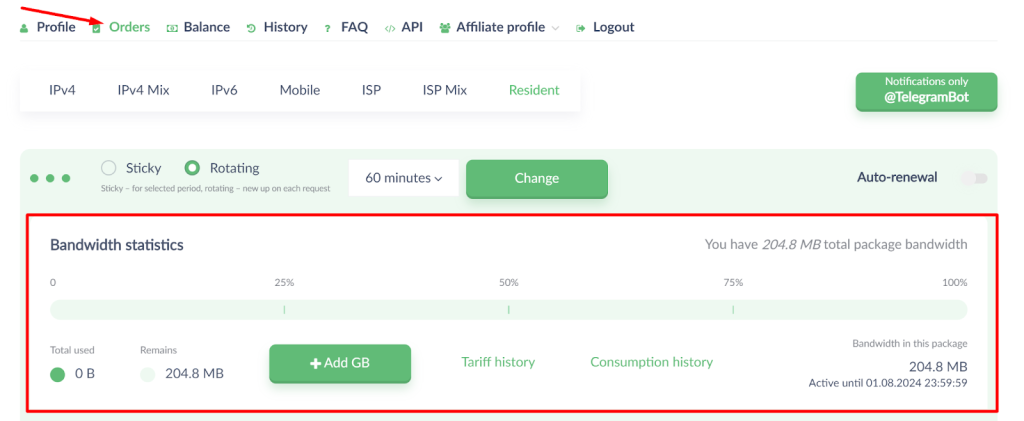
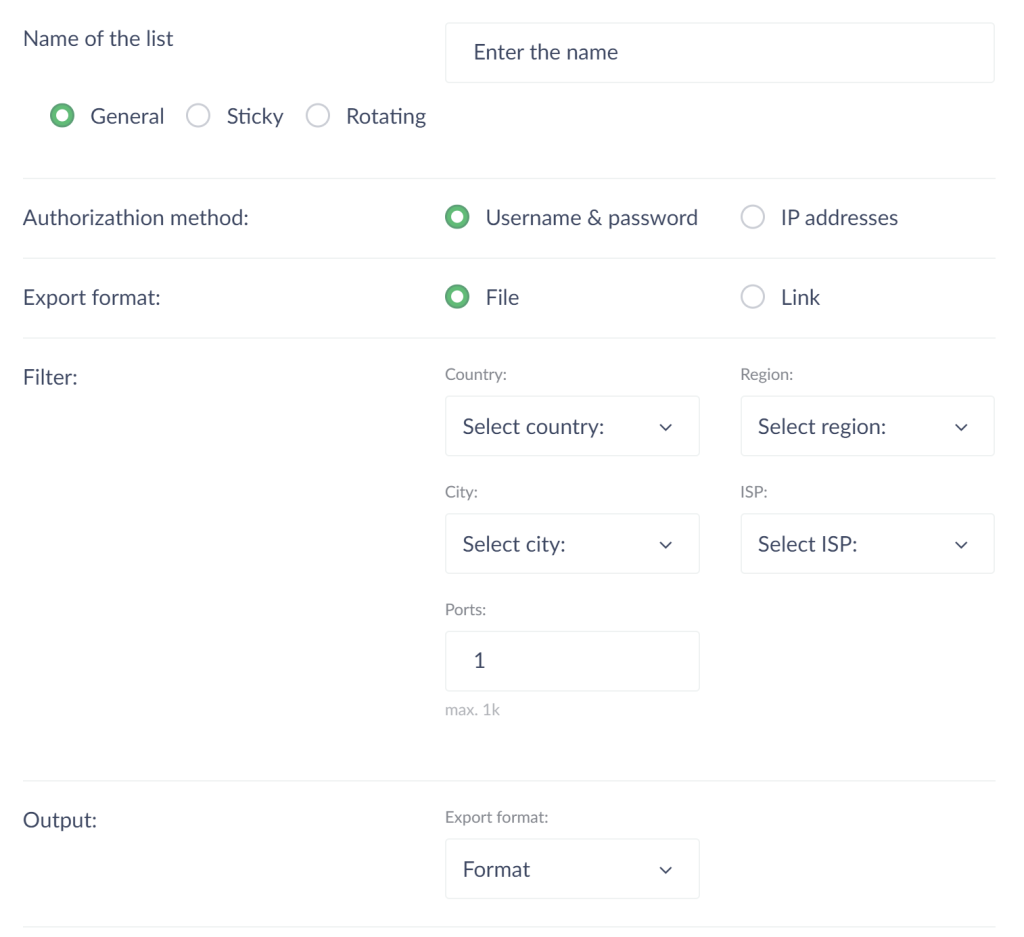
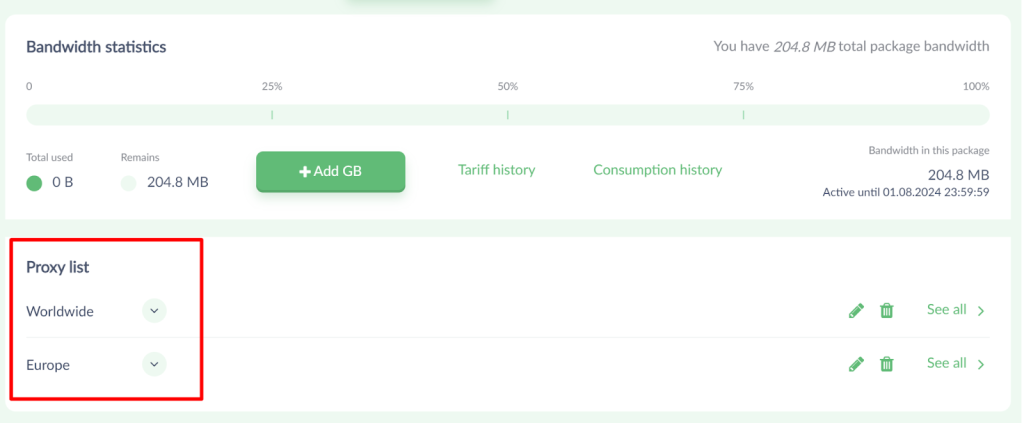
Another method to keep safe while browsing is the use of residential proxies and VPNs in order to keep someone’s identity hidden. Although these 2 types have this similarity in hiding one’s true identity, they are quite different.
An individual using a VPN gets connected to a server using an encrypted channel. Specifically, this allows users to protect their online activities without revealing their location. The downside of a VPN is that many users connecting through one central server can create a pattern of behavior that is easy to identify. Subsequently, most VPNs use a central server to route traffic which can be detrimental.
A residential proxy, however, is much different. It uses real IP addresses of people that an ISP has assigned to an actual household. Because it looks like it's coming from a regular internet user, residential proxies are, indeed, incredibly hard to identify and block.
Unlike traditional residential proxies, mobile residential proxies provide IP addresses associated with mobile devices and are far more difficult to detect by services which block non-desktop oriented traffic. This makes them crucial when one needs to extract data from mobile applications or perform mobile browsing actions on computers, may it be an individual or an organization.
Such type of proxy is also invaluable when testing mobile sites, when content is available in specific geolocation, and when working in constrained mobile environments.
To sum up, Residential proxies are particularly useful because they can evade anti-fraud systems with great accuracy. Since this type of proxy uses IP addresses of genuine users, they are the most trusted among marketers and business men. Because they are so effective at blending in and not being noticed, proxies of this type are in high demand within marketing, targeting, SMM, and data scraping. These experts utilize residential proxies for many reasons – web crawling, audience or competitors research, ad campaign testing or even just managing multiple social media accounts without restrictions.
Comments: 0